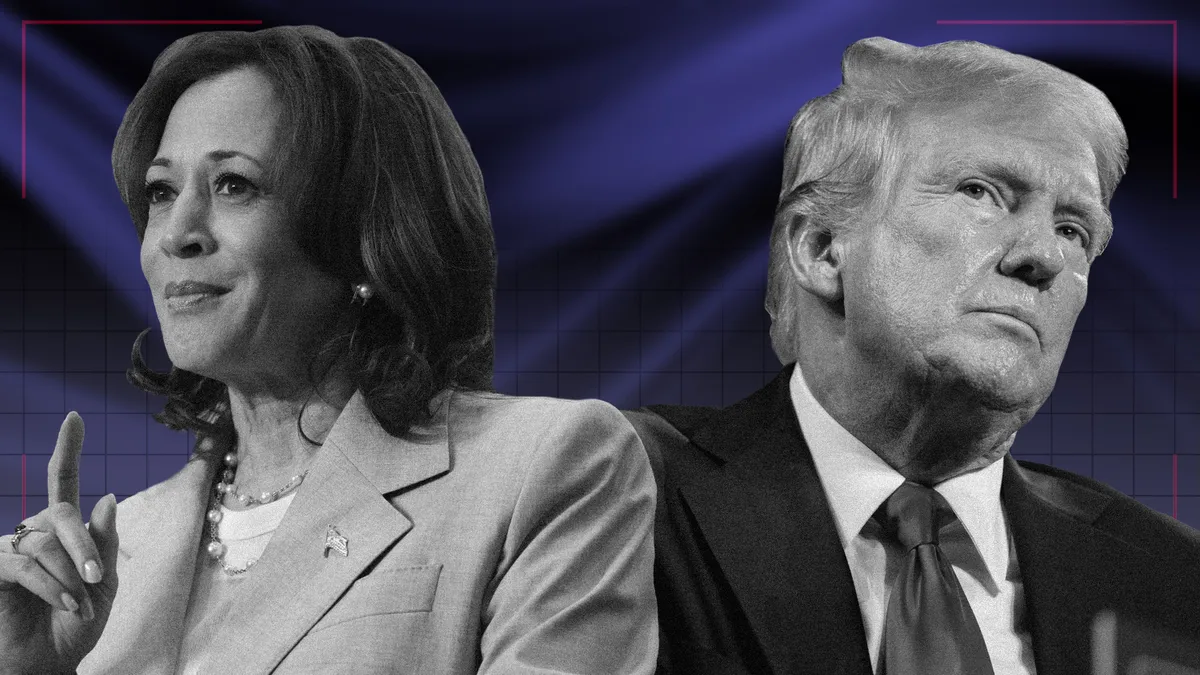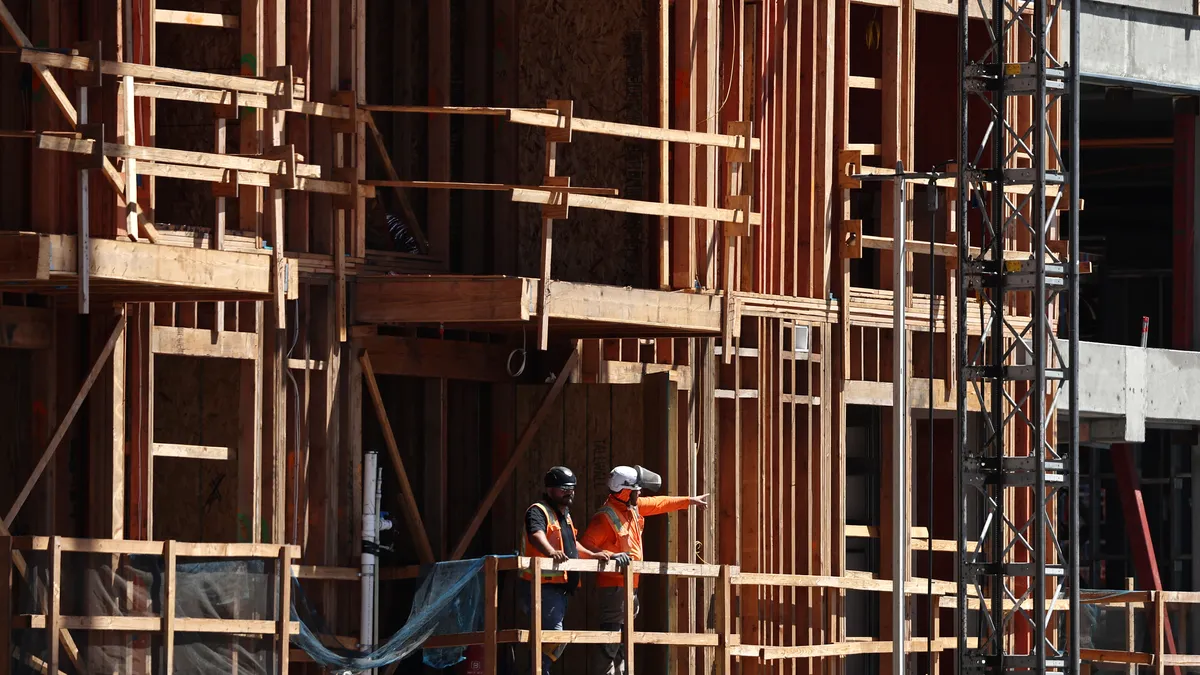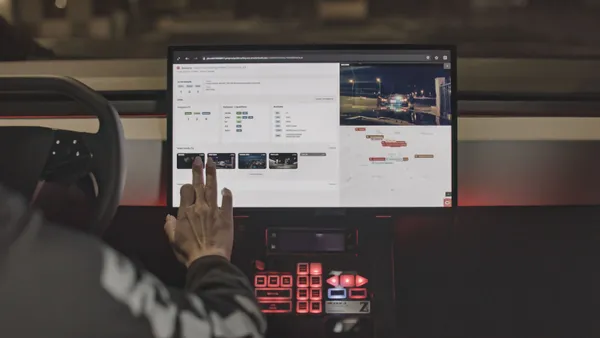Dive Brief:
- Elemental Excelerator (EEx), a Hawaii-based innovation accelerator, will offer $8 million in total funding to 20 new startups in its 2019 cohort, according to a press release. The announcements bring the accelerator’s portfolio to 82 companies.
- EEx, which traditionally had two accelerator tracks, has added a third accelerator track to support startups that are targeting innovations in low- and moderate-income (LMI) communities in California. Among the projects funded through that track are Solstice Power Technologies, which connects users to free community-shared solar power; BlocPower, which aggregates buildings to help find funding for renewable energy system upgrades; and Scoot, a network of shared electric scooters and bicycles.
- “Our new track intentionally targets communities that are disproportionately burdened by pollution and climate change, yet often overlooked by innovative technology companies,” Melissa Uhl, EEx’s Head of California Programs, said in a statement.
Dive Insight:
EEx says it focuses on companies that can affect global change in areas like energy, transportation, water and agriculture, and the latest cohort bears that out. The newly funded companies include ProTerra, an electric bus manufacturer, and SparkMeter, which works on electric metering to make grids more efficient.
While there are many accelerators working on energy and transportation solutions – including the New York-based URBAN-X — EEx applies an international focus, and recently expanded its network with the opening of a new office in California. The accelerator has gotten funding from the U.S. Navy, U.S. Department of Energy and utility partners, among others.
The addition of the equity and access track will offer hard-to-get funding to projects that might otherwise fall out of the mainstream. Also on that track is Microvi Biotech, a system for water purification; BioCellection, which turns previously unrecyclable plastics into chemicals for sustainable supply chains; Yerdle Recommerce, a used apparel marketplace connector; and Swiftly, a data platform for transit agencies. Those projects will help bring smart cities solutions — like shared vehicles and smart transit systems — to communities that may lack the funding to kick them off independently.












